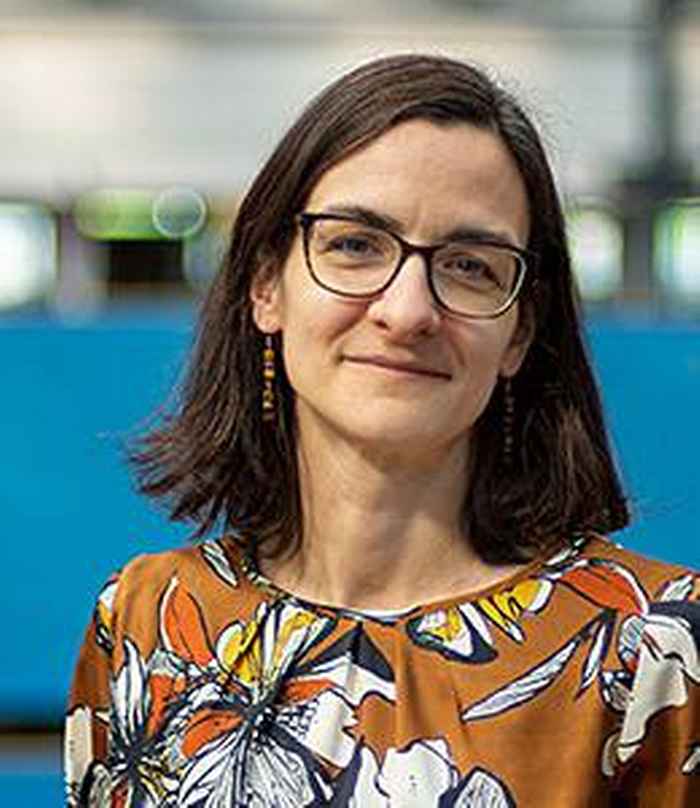Alessandra Candian appointed as InterSpecial assistant professor at the Faculty of Science
23 September 2022

The InterSpecial initiative was established to provide students with both the in-depth expertise and interdisciplinary skills needed to tackle the newest scientific frontiers and the major societal challenges we face today. It will work with the research institutes at the Faculty of Science to train students to work effectively as expert specialists (e.g. chemists, physicists, computer scientists) within interdisciplinary teams.
As InterSpecial assistant professor, Dr Alessandra Candian will use her experience as expert researcher and teacher within an interdisciplinary field to establish and coordinate a faculty-wide InterSpecial programme that will first address the theme ‘Origins of Life’. This will build upon various existing courses such as ‘How to design an Alien’ and ‘Big History’, and upon research activities already available in the faculty and connected through the Amsterdam Centre for Origins of Life.
Holistic approach
Candian is a theoretical astrochemist with an interest in the lifecycle of cosmic carbon spanning from the materials in the interstellar medium to the molecules that can be found in our own Solar System, e.g. in the atmosphere of planetary bodies such as Titan, Saturn’s largest moon. She maintains a "holistic" approach which involves quantum chemistry calculations, modelling, and astronomical observation. She also collaborates closely with experimentalists.
Candian’s research focusses in particular on large carbon molecules such as Polycyclic Aromatic Hydrocarbons (PAHs) and fullerenes, which are very abundant and widespread in the interstellar medium. She aims to constrain the family of these Astronomical Large Carbonaceous molecules by studying their vibrational signatures and by understanding their chemical evolution in the harsh conditions of the interstellar medium. At API, she will continue with this research and in particular study the evolution of carbonaceous molecules in the atmosphere of Titan. This thus will bring a new research line to API, create connections inside API and strengthen the links to HIMS.